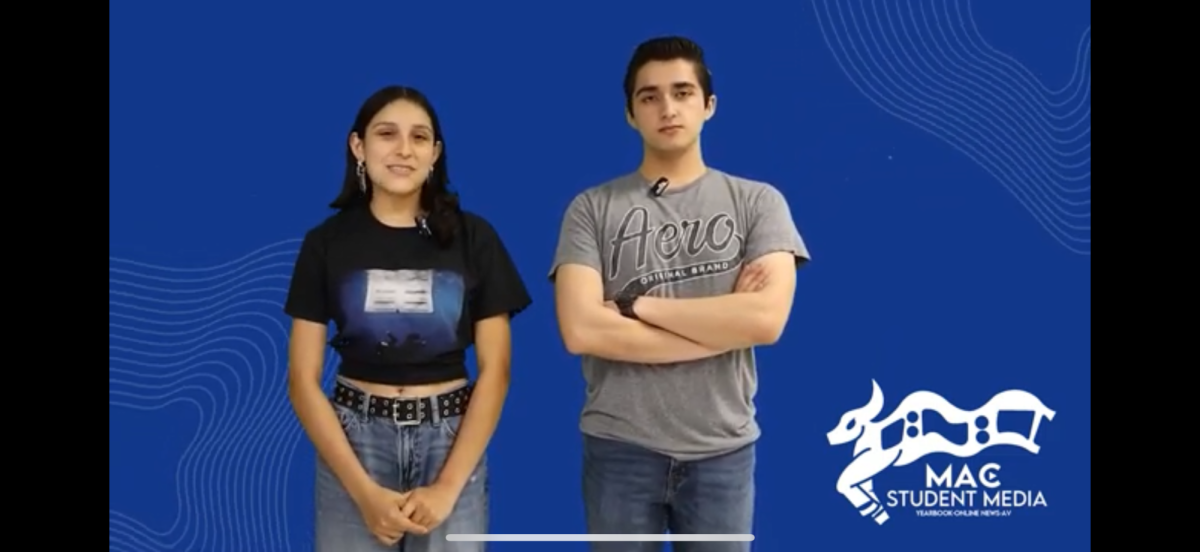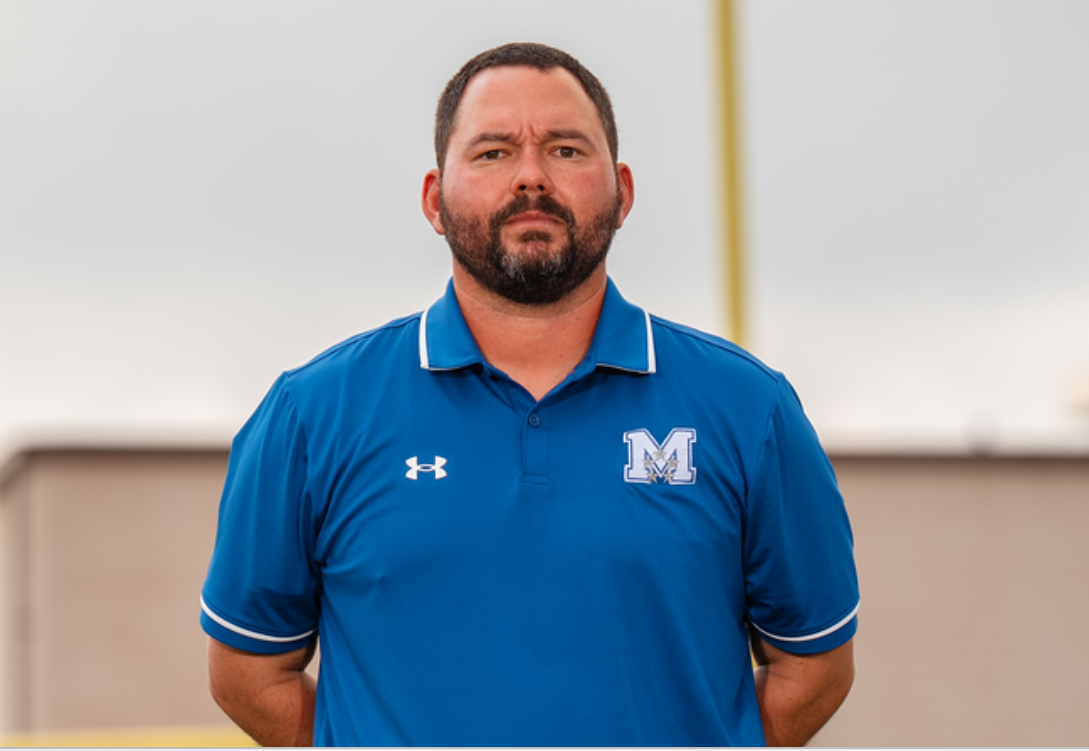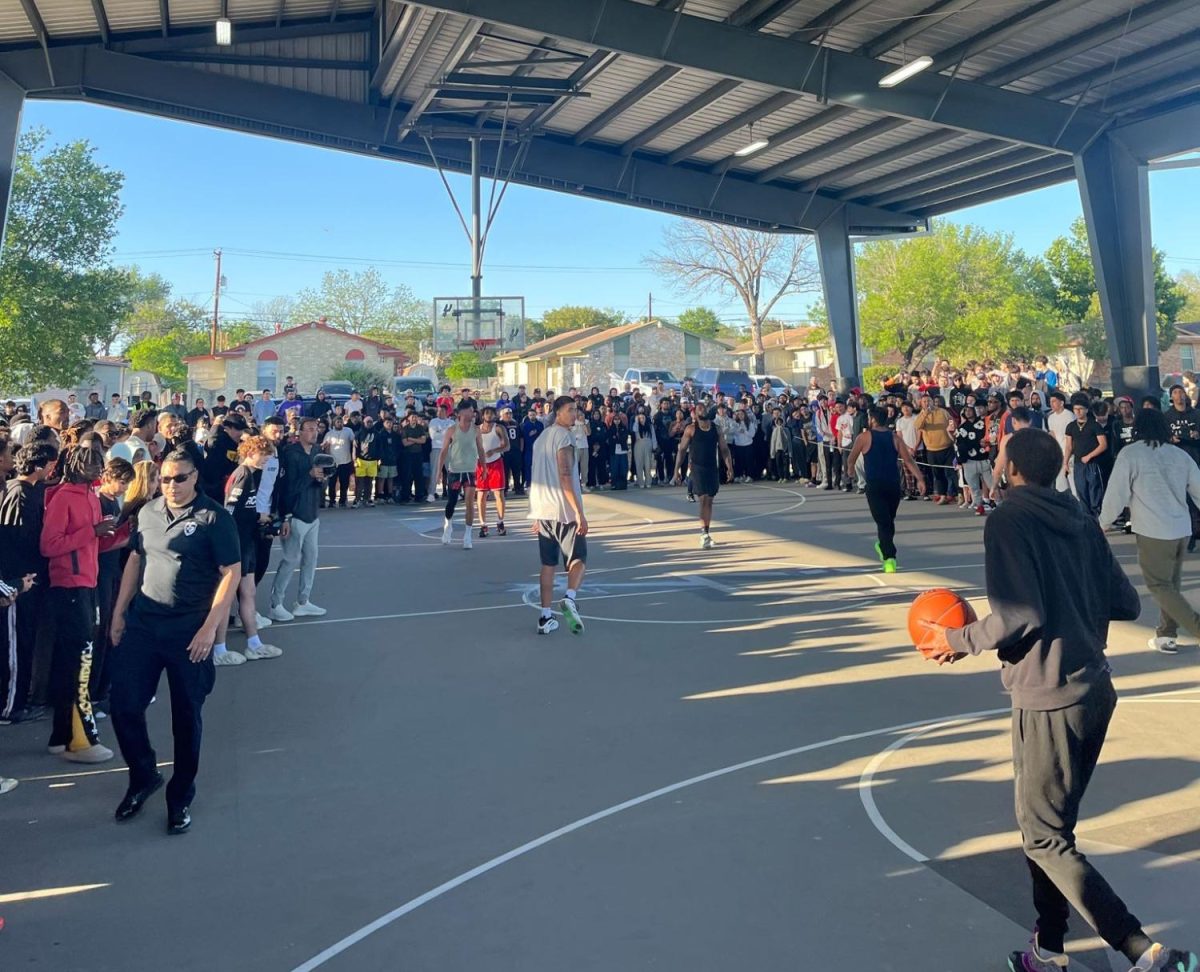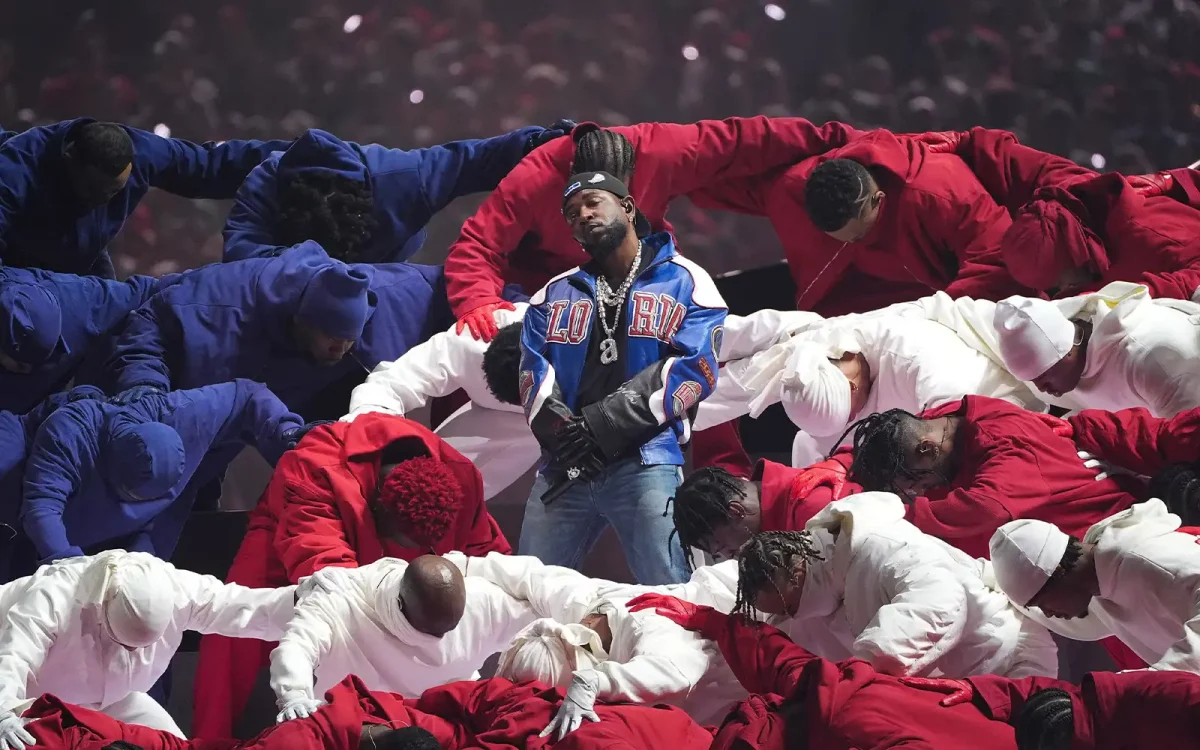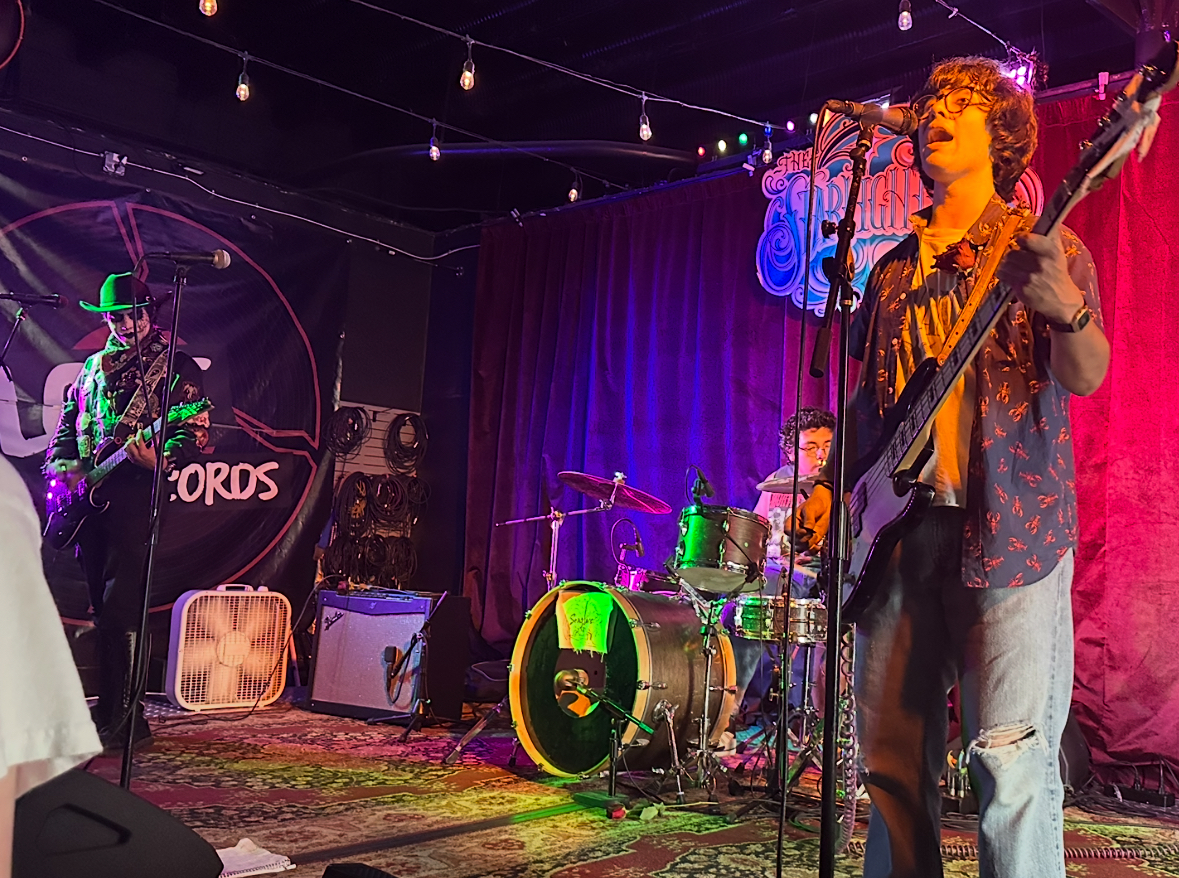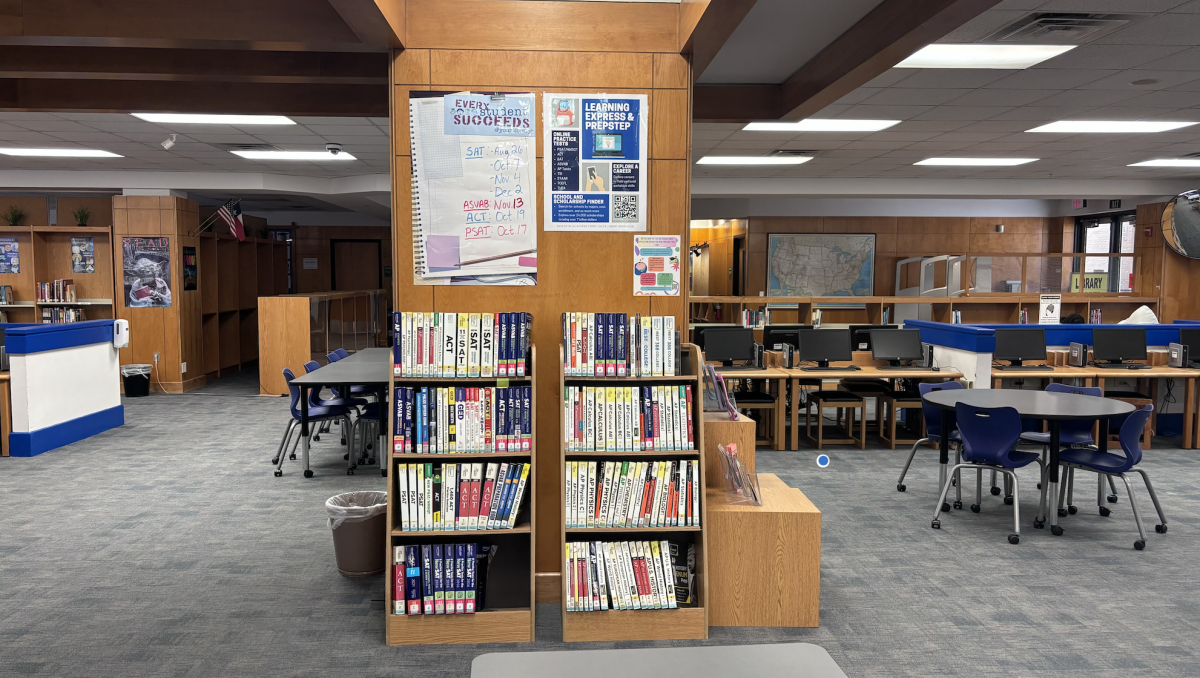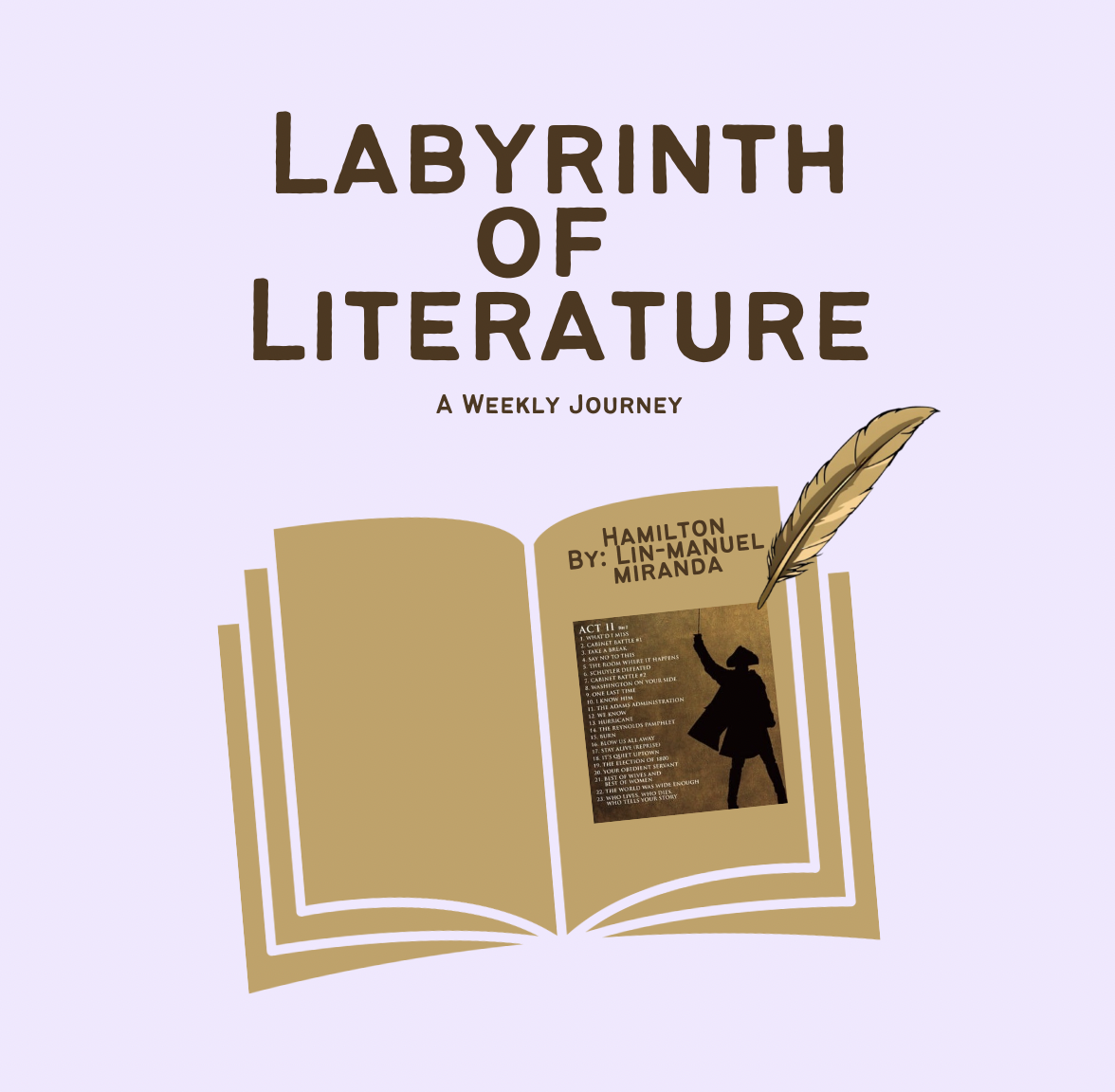Special report
by Gianna DiPasquale
Two days before the nation honored the life and legacy of Dr. Martin Luther King Jr., the San Antonio Dr. Martin Luther King Jr. Foundation and the Literary Empowerment Network Summit (LENS) held a virtual meeting showcasing the work of three authors, including Dr. O. Raye Adkins, Julia Hartfield, and Dr. Sandra Mayo, and their work all connected in hopes of sharing more about Black History.
“LENS is an organization that creates a platform for published authors to showcase and market their literary works to various communities, to explore and expose people to new ideas, to allow presentations of different views and promote dialogue among diverse audiences with varied interests,” LENS committee member Dr. Rajam Ramamurthy said. “In so doing, we hope to encourage literacy and authorship and lift literary awareness.”
As the meeting continued the three panelists asked questions they had prepared for the authors. These questions detail their books, writing process, and influences for their writing.
“The second part of this book is going to be Letters to my Father: The Journey of a Gold Star Daughter, and so if I can quickly just say, the second piece is historical, looking at racial prejudices from the 1800s all the way to what we’re dealing with today,” author and former administrator Dr. O. Raye Adkins said.
The audience chimed in with questions delivered in the chat, that would be read aloud by the panelists. One question was directed toward author Dr. Sandra Mayo, asking about what African-American play should be taught in schools. Mayo would go on to explain a play that she wrote, Frederick Douglas: Reflections on a Struggle for Freedom, and why it would have such an effect on America’s education system.
“I wrote this with public school students in mind, and the last time it was produced it was at Texas State, and it was part of research on history in the school, and so we did a teacher’s guide. So we have the play, it can be done in at least an hour, there’s a teacher’s guide to it, and there are so many significant, educational moments in it that will inspire our young people,” Dr. Mayo said.
These women would share and inspire everyone on the call through their lessons and stories. It would really show how literary movements have such a profound effect on the issues that face our society today, and it helps us realize that what we face today, is not so different from what we have been dealing with for centuries now.
“One of the things that I want us to do is to always re-tell the story, and our stories are lengthy. And they start from way back, and they have not changed as of today. It is important for us to see that, because if we don’t re-tell the story, we will forget and we may not react properly, and so it does have a long-term effect, and that is my purpose in doing so,” Dr. Adkins said.

